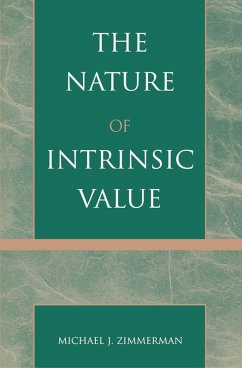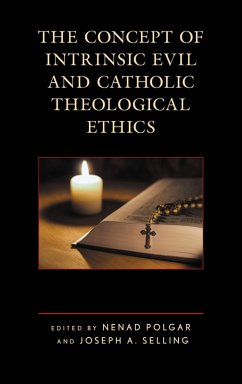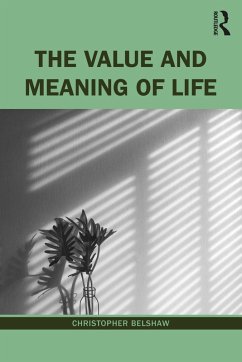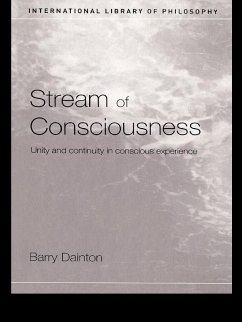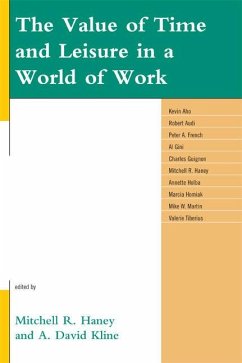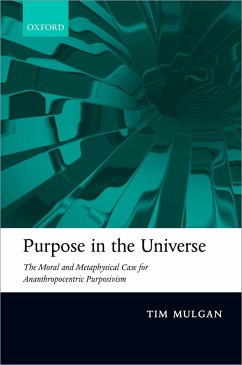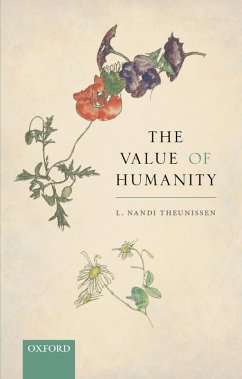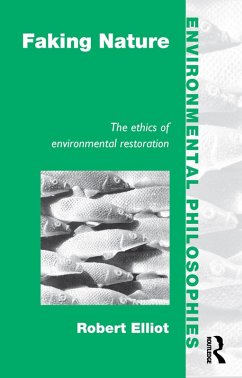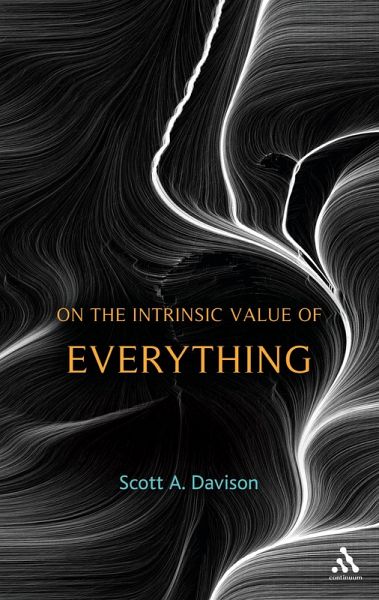
On the Intrinsic Value of Everything (eBook, ePUB)

PAYBACK Punkte
12 °P sammeln!
On the Intrinsic Value of Everything is an illuminating introduction to fundamental questions in ethics. How-and to what-we assign value, whether it is to events or experiences or objects or people, is central to ethics. Something is intrinsically valuable only if it would be valued for its own sake by all fully informed, properly functioning persons. Davison defends the controversial view that everything that exists is intrinsically valuable to some degree. If only some things are intrinsically valuable, what about other things? Where and how do we draw the cutoff point? If only living creatu...
On the Intrinsic Value of Everything is an illuminating introduction to fundamental questions in ethics. How-and to what-we assign value, whether it is to events or experiences or objects or people, is central to ethics. Something is intrinsically valuable only if it would be valued for its own sake by all fully informed, properly functioning persons. Davison defends the controversial view that everything that exists is intrinsically valuable to some degree. If only some things are intrinsically valuable, what about other things? Where and how do we draw the cutoff point? If only living creatures are intrinsically valuable, what does this imply for how we value the environment? If everything has intrinsic value, what practical implications does this have for how we live our lives? How does this view fit with the traditional theistic idea that God is the source of goodness and truth? Both critics and proponents of the concept of intrinsic value will find something of interest in this careful investigation of the basic value structure of the world.




